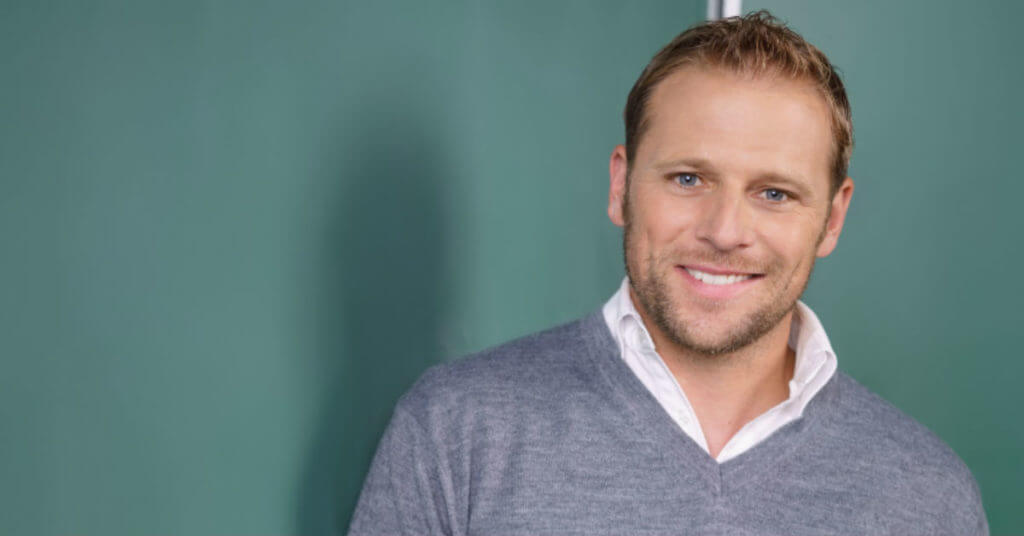You have been trying everything in your power to help your teen through their struggles. In spite of your efforts, your child is still having intense bouts of depression, episodes of mental illness, truancy, sexual acting out, drug abuse, disordered eating…there are any number of problems they might be facing. And you are stressed, frightened and don’t know where to turn.
It may be time for a residential treatment center but you are hesitant. Is locking your child away really the answer? And who is running those things, anyway?
Why Residential Treatment Centers?
A residential treatment center is a secure program that offers a safe place for your child to receive help for the underlying issues that could be causing their current behavior. In a residential treatment center, they will have access to individual therapy, group therapy, recreational therapy (such as art or music therapy), peer interaction and medication monitoring. During their stay, they will also learn coping skills that will help them to deal with overwhelming feelings and to manage the symptoms of any disorders they may struggle with.
Similar to a hospital, there is a more relaxed, long term feel to a residential treatment center that gives the patient a sense of security during their stay that can be critical to maintaining their health.
Who Staffs Residential Treatment Centers?
Members of staff in a residential treatment center include psychiatrists, psychologists, mental health nurses, general nurses, therapists, group leaders, drug rehabilitation specialists, orderlies and medical and assistants and many others who are licensed and trained to offer your child the support they need.
They may also have others no staff such as artists and musicians who are there to offer recreational activities to help your teen express themselves in healthy ways.
Is a Therapeutic Boarding School The Same Thing?
In some cases, a therapeutic boarding school may qualify as a residential treatment center. However, it is not the same thing. It is a bit less structured and secured, though still safe. It is also equally focused between providing therapy and mental health services and with offering academic help.
For many teens, a therapeutic boarding school is a more nurturing environment. However, a stay in a residential treatment center may still be necessary prior to entering a boarding program. That is for several reasons, such as potential drug abuse, dangerous symptoms or the need to become stable on a medication within a hospital setting.
Find out more at Sundance Canyon Academy.











0 Comments